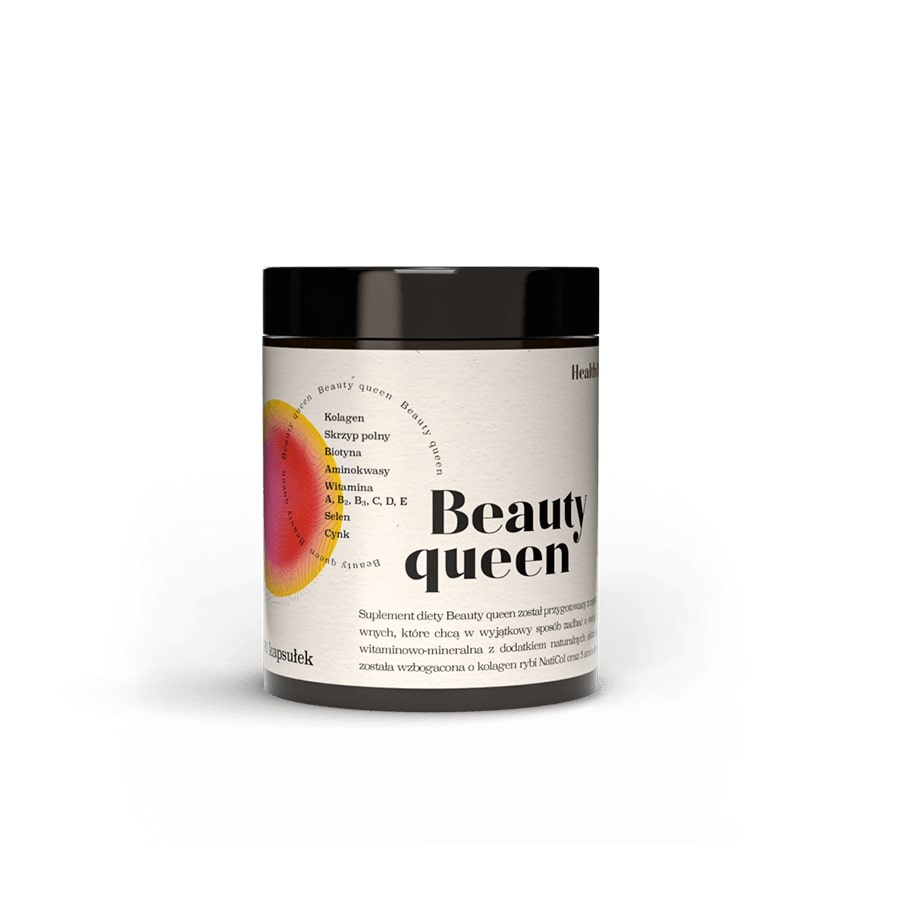Ashwagandha, also known as Indian ginseng, is a plant in the Solanaceae family and is considered an adaptogen, which means it can help deal with stress. In traditional Ayurvedic medicine, ashwagandha is used as a memory and concentration aid and as a mood and well-being enhancer.
Studies have shown that ashwagandha may also have beneficial effects on physical health, such as reducing stress levels, lowering blood sugar and cholesterol levels, improving physical performance, and increasing muscle mass.
It is worth remembering that research results on this topic vary and further research is needed to confirm the effectiveness of ashwagandha. Before using ashwagandha as a dietary supplement, consult your doctor because it may interact with some medications and be dangerous for people with certain medical conditions.
In summary, ashwagandha is a plant considered an adaptogen that may have beneficial effects on mental and physical health, but further research is needed to confirm its effectiveness. Please consult your doctor before use.
-
Ingredients: Ashwagandha contains withanolides, withanolic acid and alkaloids, which are considered the main ingredients responsible for its action.
-
Stress: Research suggests that ashwagandha may help reduce stress and anxiety by lowering levels of stress hormones such as cortisol.
-
Heart Health: Ashwagandha may help control blood sugar and cholesterol levels, which may contribute to improved heart health.
-
Physical performance: Ashwagandha may help improve physical performance and increase muscle mass, which may be beneficial for athletes and physically active people.
-
Immune system health: Ashwagandha may help improve immune system health by increasing the number of immune cells and their activity.



